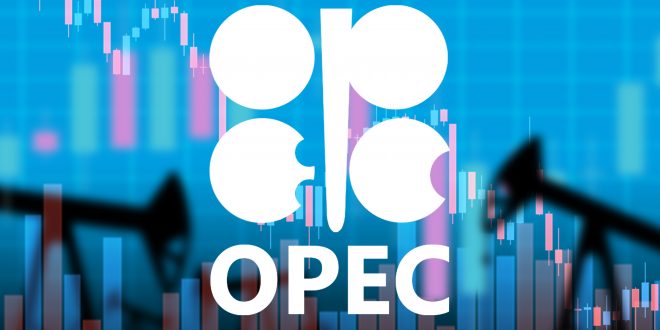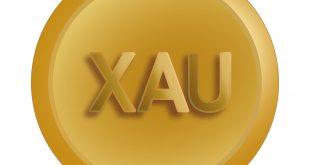As early as the beginning of 2022, the-then Italian PM Mario Draghi suggested a dangerous idea that large oil buyers could form a new club or sort of forum together and challenge OPEC+. The idea did not take further steps into reality because one obvious problem could not be ignored, namely OPEC will not keep watching, and rather would retaliate.
The idea seems attractive and tempting and this is why it is seen on the surface every now and then. This anti-OPEC buyers’ club even received momentum in the aftermath of passing the US NOPEC bill. The proposed anti-OPEC grouping could focus on availing both affordable oil and boosting transport electrification endeavours, but the problems ahead are numerous.
The anti-OPEC trend could be more attractive given the US talk about punishing OPEC+ members by imposing fines, import tariffs, and even sanctions, as well as barring access to public financial markets to national oil companies such as Aramco and Roesneft.
One reason why the proposed club could devastate the oil markets is that it could mean that OPEC+ oil would become more expensive for the countries that will be grouping. Any oil becomes more expensive, really, when sanctions or tariffs are introduced on a third of the global supply. This would be very bad news for both sellers of oil, including the United States as much as it will be painful for oil buyers including the United States.
The alternative to OPEC is suggested to include responsible oil producers and consumers. This could mean the United States, Canada, and Norway on the producing side which do not qualify as so many responsible producers as the majority of sellers are members within OPEC+.
The idea largely relies upon a structure encompassing whoever the United States looks upon as friendly producers of the raw materials needed. One big problem is that all friendly producers can provide only a small fraction of the necessary oil supply.
Washington has the habit of liking to control all kinds of prices. It also likes to control oil supply although it historically failed to accomplish anything in order to control it, even at home, Biden resorted to tax threats, last week to force US companies on not hiking fuel prices, so, how could it be logically understood that he has anything to do in order to maintain control over OPEC+?
US oil companies are against the NOPEC law because they know how the oil market works. As the president and chief executive of the industry lobby group the American Petroleum Institute said in comments on the latest developments around the NOPEC bill, it “would create further instability in the marketplace and exacerbate existing challenges in international commerce. Such legislation would be unhelpful in any market condition past, present or future.”

 Noor Trends News, Technical Analysis, Educational Tools and Recommendations
Noor Trends News, Technical Analysis, Educational Tools and Recommendations




